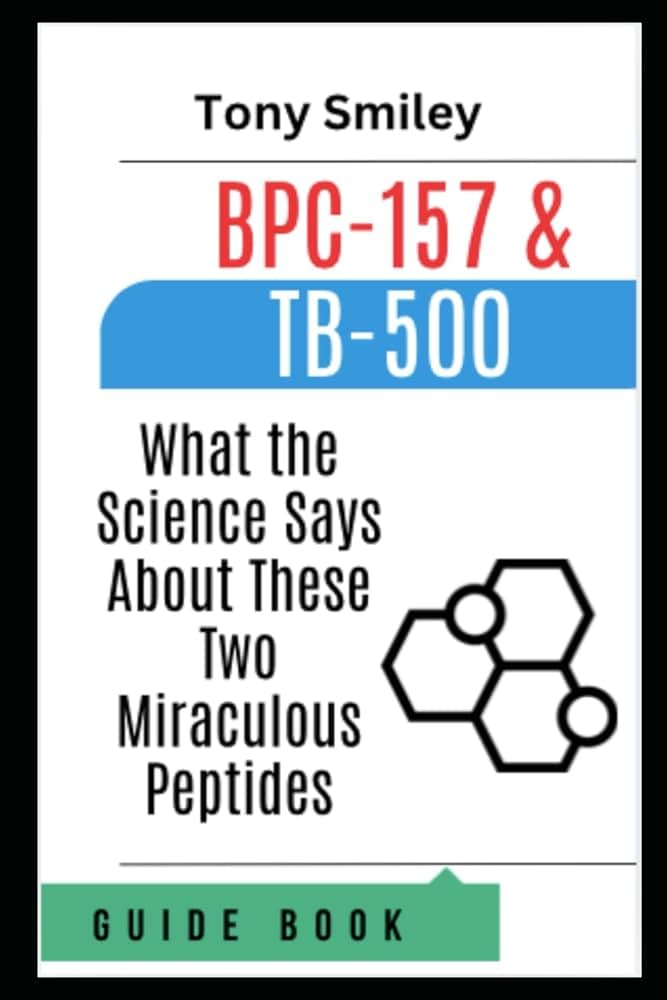BPC-157 and TB-500: Peptides Spark Debate Over Efficacy and Regulation

Peptides BPC-157 and TB-500 have garnered significant attention across social media platforms, with enthusiasts and practitioners discussing their potential therapeutic effects. A recent tweet from user AJAC highlighted an "in depth breakdown on both them, their effects, protocols for usage," indicating a growing interest in these compounds within certain communities. Despite widespread online discussion, both peptides operate in a regulatory grey area, lacking official approval for human use from bodies like the U.S. Food and Drug Administration (FDA).
BPC-157, or Body Protection Compound-157, is a synthetic peptide derived from a protein found in human gastric juice. Preclinical studies suggest it may aid in the healing of various musculoskeletal injuries, including muscle, tendon, and ligament damage, by promoting angiogenesis (new blood vessel formation) and reducing inflammation. However, the FDA has classified BPC-157 as a Category 2 bulk drug substance, raising significant safety concerns due to insufficient evidence of its effects in humans. Its use is also prohibited by major sports organizations, including the World Anti-Doping Agency (WADA).
TB-500, a synthetic version of the naturally occurring peptide Thymosin Beta-4, is also purported to have regenerative properties, particularly in tissue repair and wound healing. Research indicates its role in cell migration, differentiation, and the formation of new blood vessels, making it a subject of interest for conditions ranging from cardiac repair to neurological disorders. Similar to BPC-157, TB-500's therapeutic claims are largely supported by preclinical and anecdotal evidence, with a notable absence of large-scale human clinical trials.
The popularity of these peptides, often marketed as "research chemicals" or "biohacks," is fueled by testimonials and influencer hype, particularly in fitness and anti-aging circles. This trend mirrors a broader rise in the use of performance-enhancing drugs and supplements, with some estimates suggesting a significant portion of gym members may be using such compounds. However, experts warn of unknown long-term risks, questionable manufacturing standards, and potential life-threatening side effects due to the lack of regulatory oversight and comprehensive human safety data.
While some practitioners combine BPC-157 and TB-500 for potential synergistic effects in regenerative medicine, the medical community largely advises caution. The absence of FDA approval means there are no standardized dosing guidelines, and the quality and purity of products sold online are unregulated. This situation underscores a critical gap between emerging scientific interest in peptide therapies and the rigorous clinical validation required for safe and effective medical application.